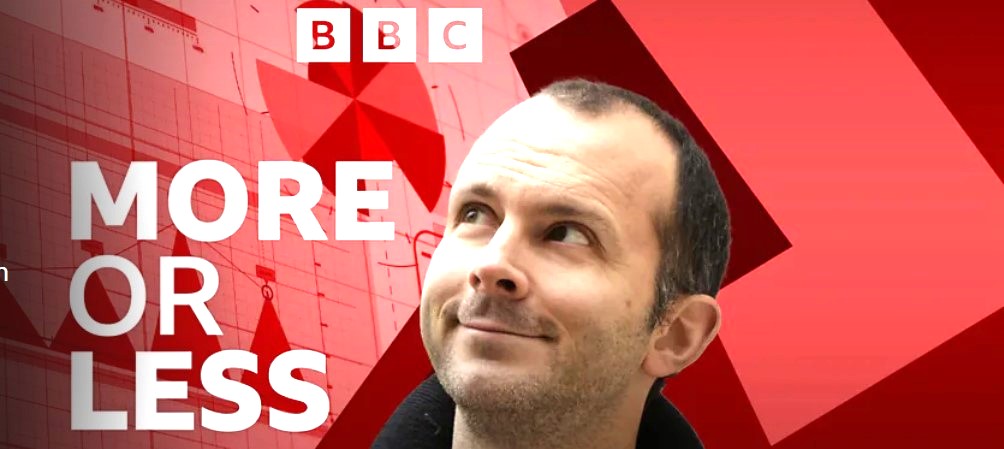Andy Ford, Warrington South CLP member
BBC’s Radio 4 programme More Or Less focuses on, and often debunks, fake statistics, hence its title. It recently examined the claim by Labour Chancellor Rachel Reeves that she had discovered a £22bn ‘black hole’ in the government’s finances. But is this actually the case?
The answer, according to Gemma Tetlow, from the Institute for Government, as ever, is yes and no. There are two big chunks to the £22bn. The first is public sector pay rises, which Tory Chancellor Jeremy Hunt had set at an unrealistic 2%, and it was something that wasn’t in the government budget anyway. That accounted for £2bn. Then the higher increases agreed by Labour to secure some sort of industrial peace in the public sector adds another £9.5bn.
But those increases were only what the various Pay Review Bodies had recommended, to stave off a collapse in the NHS and in Education, so, arguably, the Tories would have been obliged to pay it too.
The second chunk is the cost of housing asylum seekers and other immigration measures, put at around £6.4bn. For the last 4 years, apparently, these costs have not been in the declared budget; instead the money has been spent and then covered out of the central reserve. The Public Accounts Committee has repeatedly expressed concern about this, so it cannot have come as a surprise to Rachel Reeves.
And then there are various other unbudgeted costs – rail subsidies are higher because of changes in passenger numbers, and the war in Ukraine has given rise to some unexpected spending. Finally, there are a number of vote-winning projects like the Lower Thames Crossing, or the “Forty New Hospitals” announced by the Tory government, but with no funding set aside to make them happen.
But although £22bn is a huge number to the average worker, out of the whole government budget of around a trillion pounds (£1,000bn) it is only 2.2% of the total. Its real importance is that it gives a political message, offering Starmer and Reeves the excuse they need to govern with Tory-lite policies.
It makes a convenient cover story, just as George Osborne, the incoming Tory Chancellor in 2010, used the stupid note left by Labour minister, Liam Byrne, saying “I’m afraid there is no money”, to launch a brutal austerity programme.
The BBC Radio 4 programme More or Less is available on BBC Sounds and can be found here.



